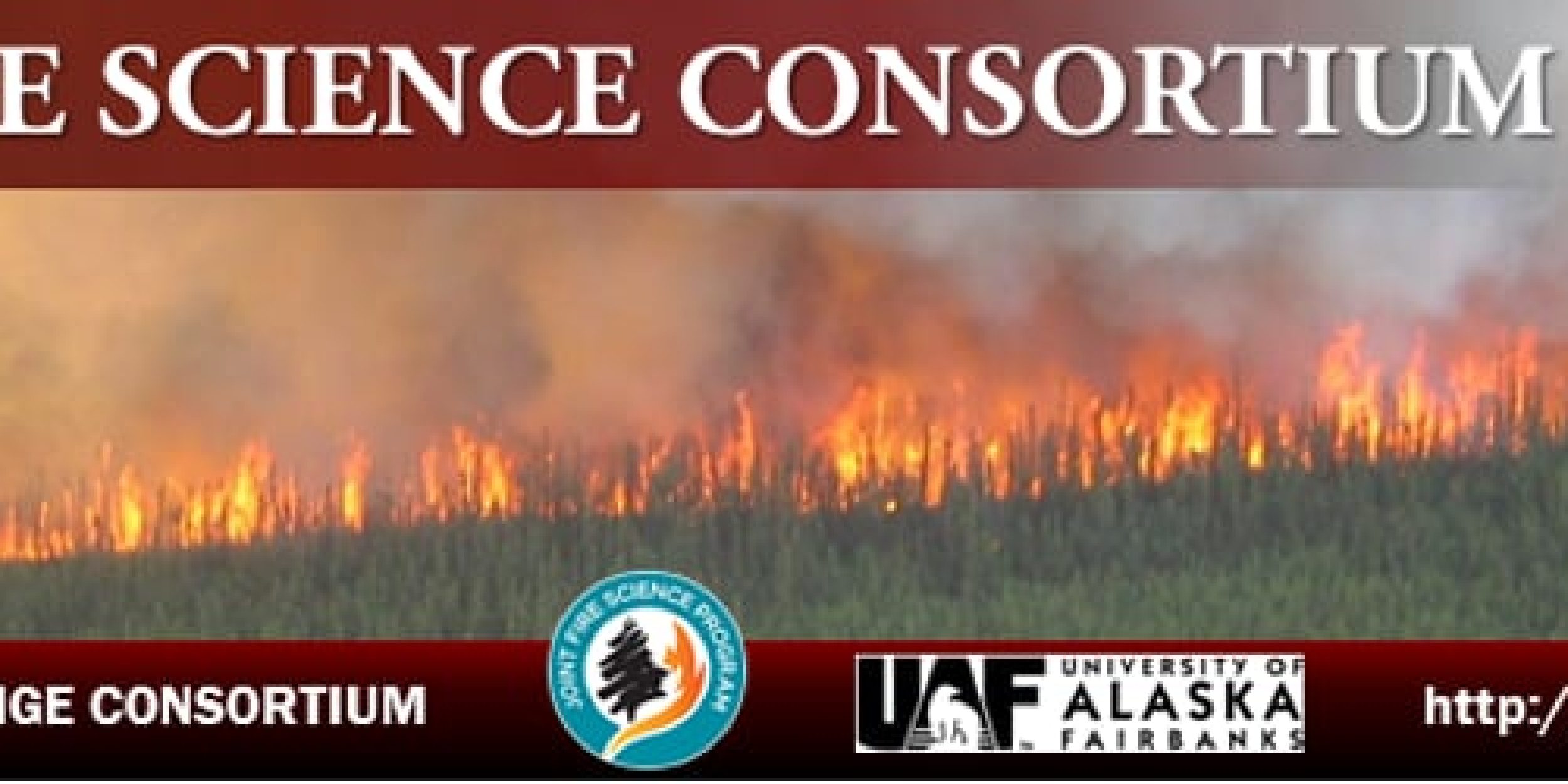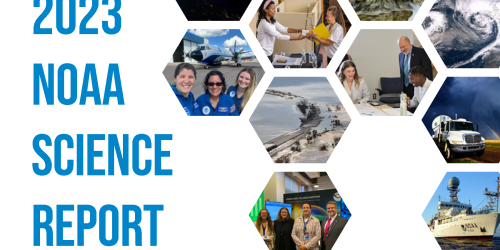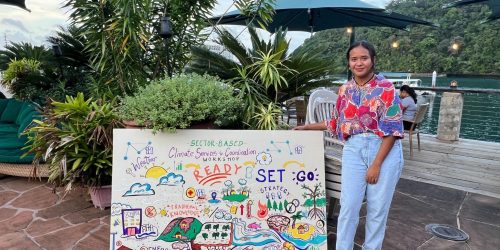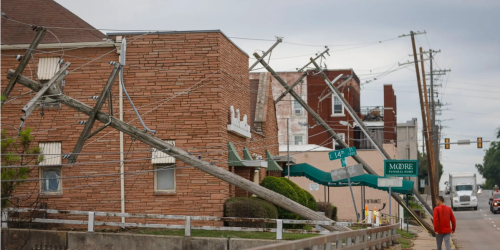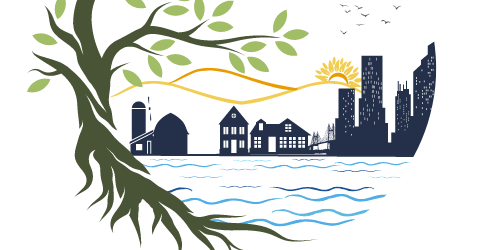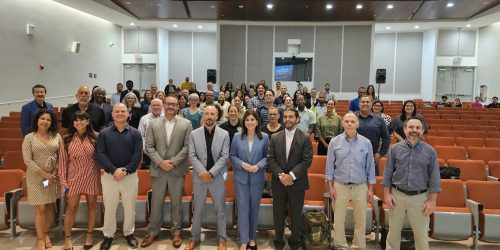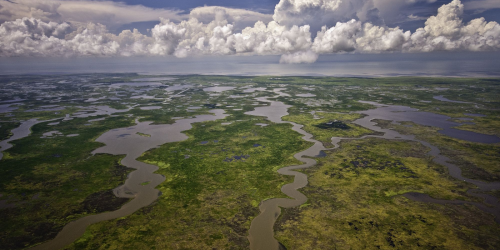A new article, co-authored by staff at the Alaska Center for Climate Assessment and Policy (a CPO RISA team), “Making the transition from science delivery to knowledge co-production in boundary spanning: a case study of the Alaska Fire Science Consortium,” was published online October 18 in a journal of the American Meteorological Society. The article describes the Alaska Fire Science Consortium (AFSC) as a “boundary organization” that facilitates “two-way, sustained interaction and communication between research and practitioner spheres,” delivering “existing science” and developing “new, actionable scientific information to address emerging social-ecological questions applicable to decision-making.” There is an increasing emphasis on the role of boundary organizations in facilitating knowledge coproduction, which is collaborative research with end users to develop actionable scientific information for decision-making. However, a deeper understanding of how boundary organizations and knowledge coproduction work in practice is needed. This paper examines the AFSC’s transition from science delivery to knowledge co-production. AFSC’s boundary spanning involves a continuum of outputs and activities, but their overall trajectory has involved a deliberate transition from an emphasis on science delivery to knowledge coproduction. Key factors that facilitated this transition included a receptive and engaged audience, built-in evaluation and learning, subject matter expertise and complementarity, and embeddedness in the target audience communities. The authors recommend that other boundary organizations wishing to develop knowledge co-production capacity know their audience, employ trusted experts in boundary spanning, and engage in frequent self-evaluation.
New study, co-authored by Alaska RISA team staff, studies the changing role of the Alaska Fire Science Consortium
